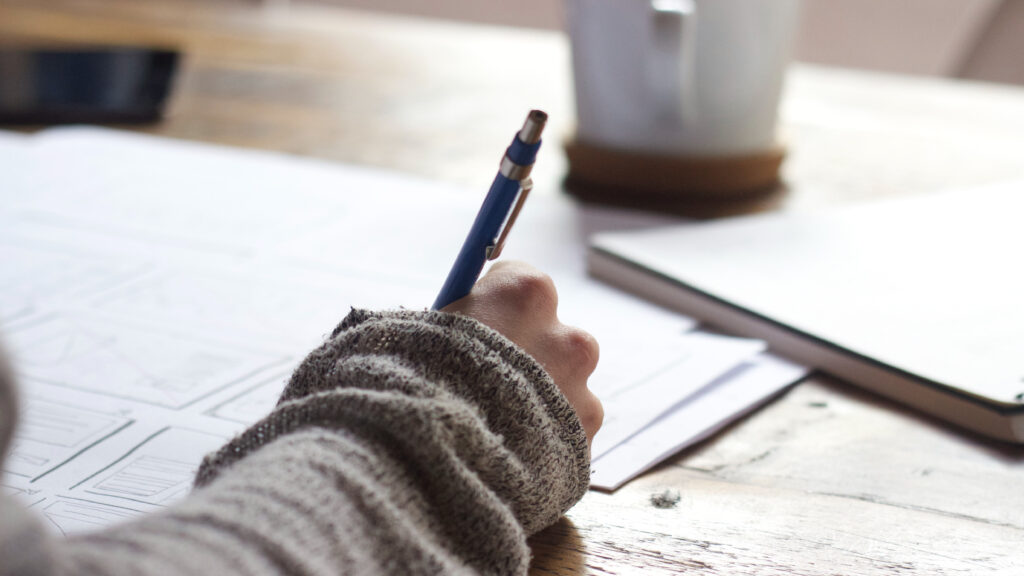How to Cram for an Exam
What you probably already know: Cramming Isn’t Ideal
Right off the bat you should know – cramming for a test is (scientifically speaking) NOT the best way to learn & retain information. In a paper titled Spacing Effects in Learning, it was shown that if you have multiple periods of study devoted to the same subject, separated by some variable time gap, you will have optimal recall on a memory test & retention when tested up to 1 year later. Cramming for a test the night before (or “no gap” studying) results in worse final test performance.
But if you’re reading this, then you probably don’t have many options left. You might only have one or two days before the test and need some quick tips on how to do your best. Let’s get to those now.
How to Cram for an Exam Successfully
The good news is that these same studies also show that you can improve your retention of the material by starting your cramming session 2-3 days before the test, and repeatedly studying the same material again the day before the test. The key factor is repetition followed by breaks in your studying. Here’s a few more tips to optimize your study time:
- Gather all of your course materials & notes.
- (Don’t have the book? Grab an ebook from eCampus.com)
- Set a timer to study for 50 minutes, then plan a short break.
- Find out how many chapters you can study in one 50-minute period.
- Create a short study guide that summarizes the key concepts.
- Coffee will improve your explicit memory – especially if your test is in the morning. (source)
Avoid These 5 Study Mistakes
Now that you’ve got a plan, it’s time to get to work. Set yourself up for success by avoiding these common test cramming mistakes:
- Don’t eat a heavy meal. Eating foods with high fat & carb content like pizza, pasta, burgers/fries, doughnuts, etc. can lead to drowsiness or crashing. Try sticking to lighter foods until you’ve aced that exam!
- Don’t get sedentary. Move around! Just because you’re studying hard doesn’t mean you need to be hunched over your study materials the whole time. Moving around and changing scenery will help keep you focused. Get the blood flowing & you’ll do better on that test!
- Avoid trying to memorize everything. Make sure you notate key concepts on your study guide and try to stick to those. Don’t make the mistake of trying to memorize whole pages. Highlight selectively.
- Don’t multitask. Try to stick with topics until you’ve mastered them. Avoid trying to jump from topic-to-topic unless the two are closely related.
- Don’t panic-study. Frenzied studying won’t help you (and could actually do more harm than good). If you find yourself getting overwhelmed, it might be time for one of those short breaks!
Stop Worrying & Start Studying
The last tip we have for you is to get started now! Studies show that students who actually have textbooks do better on tests! If you still need to get your hands on study materials, head over to eCampus.com today and save up to 90% off list price! If you’re in a time crunch, you can also rent an ebook to get you through those exams!
